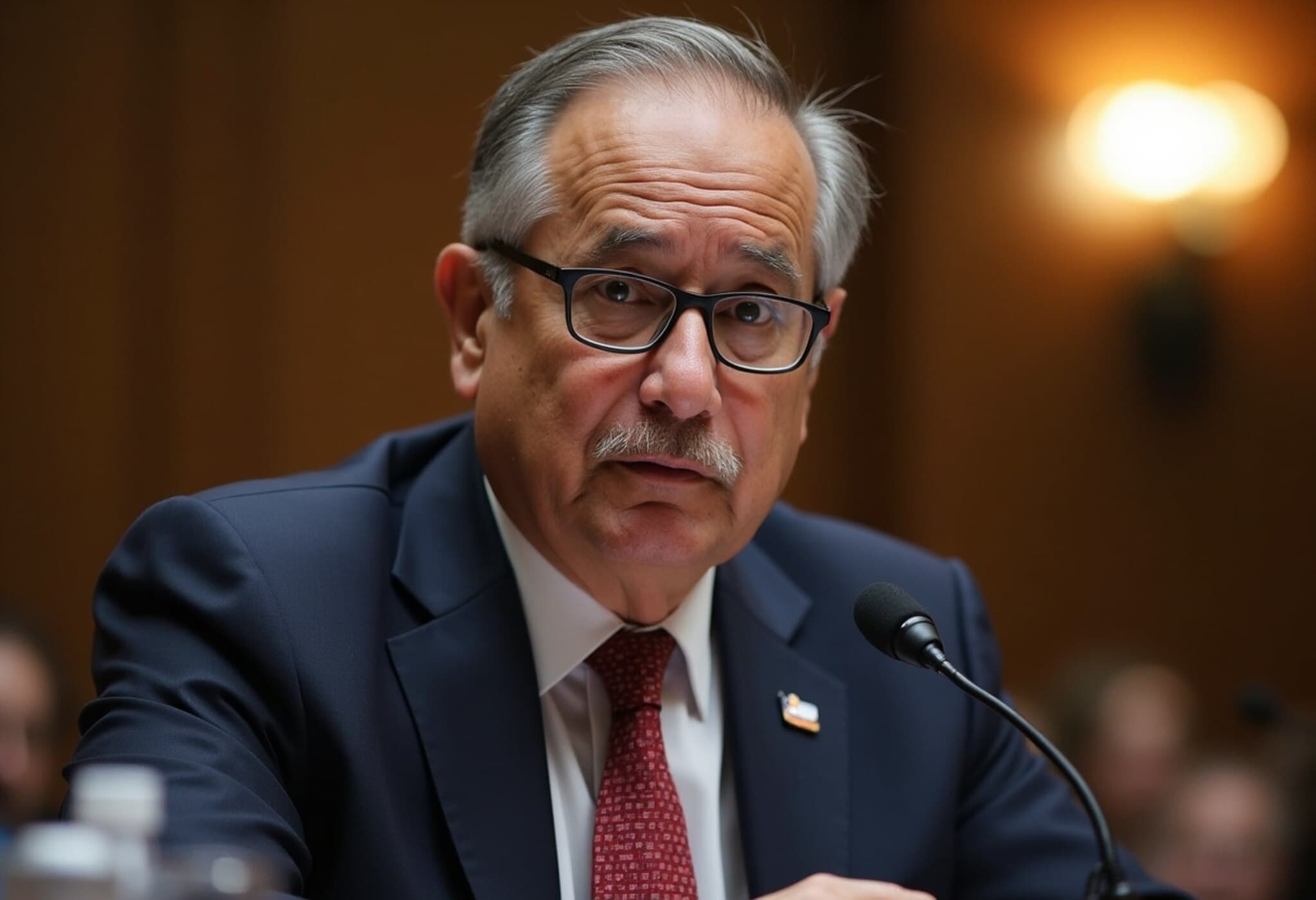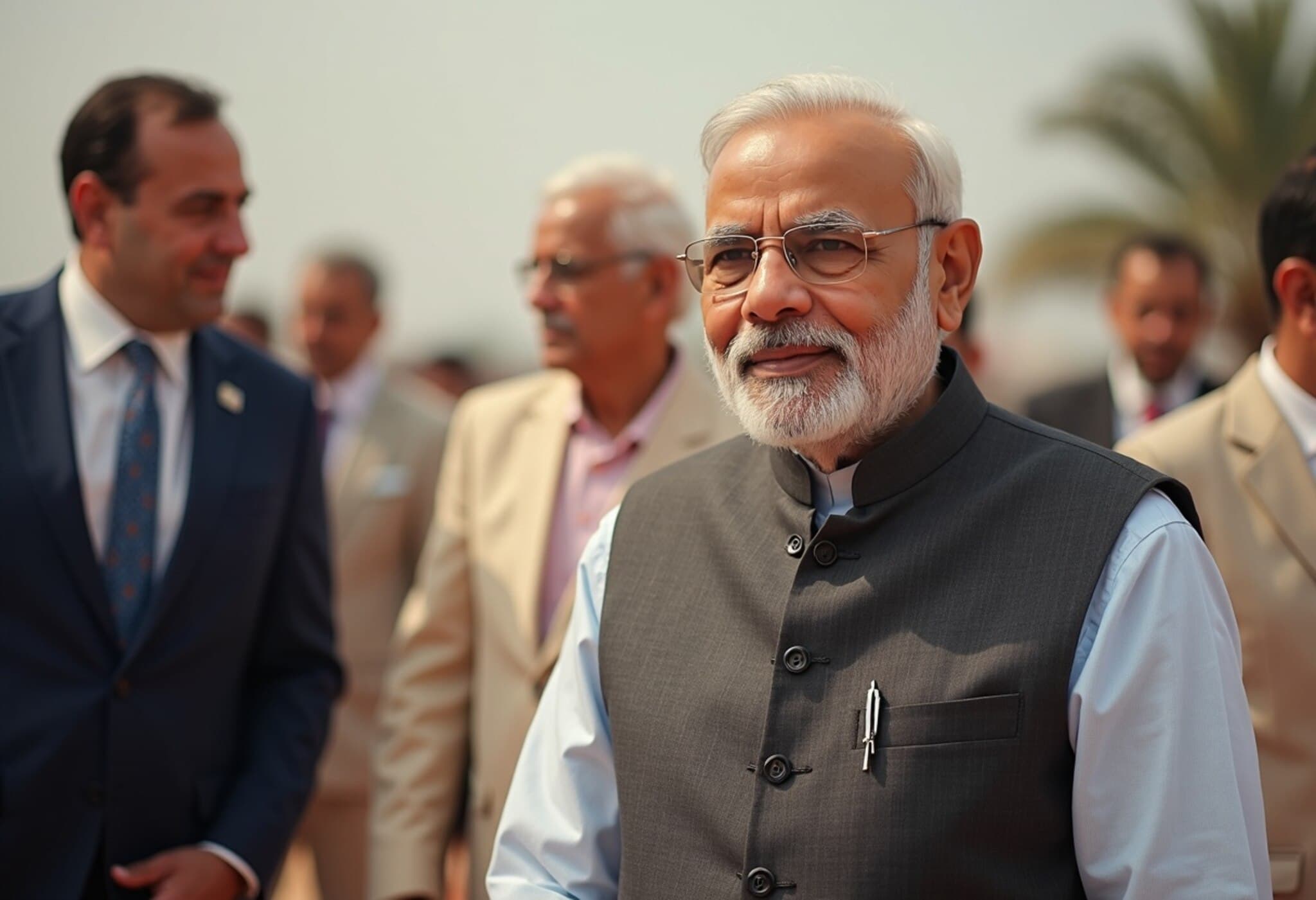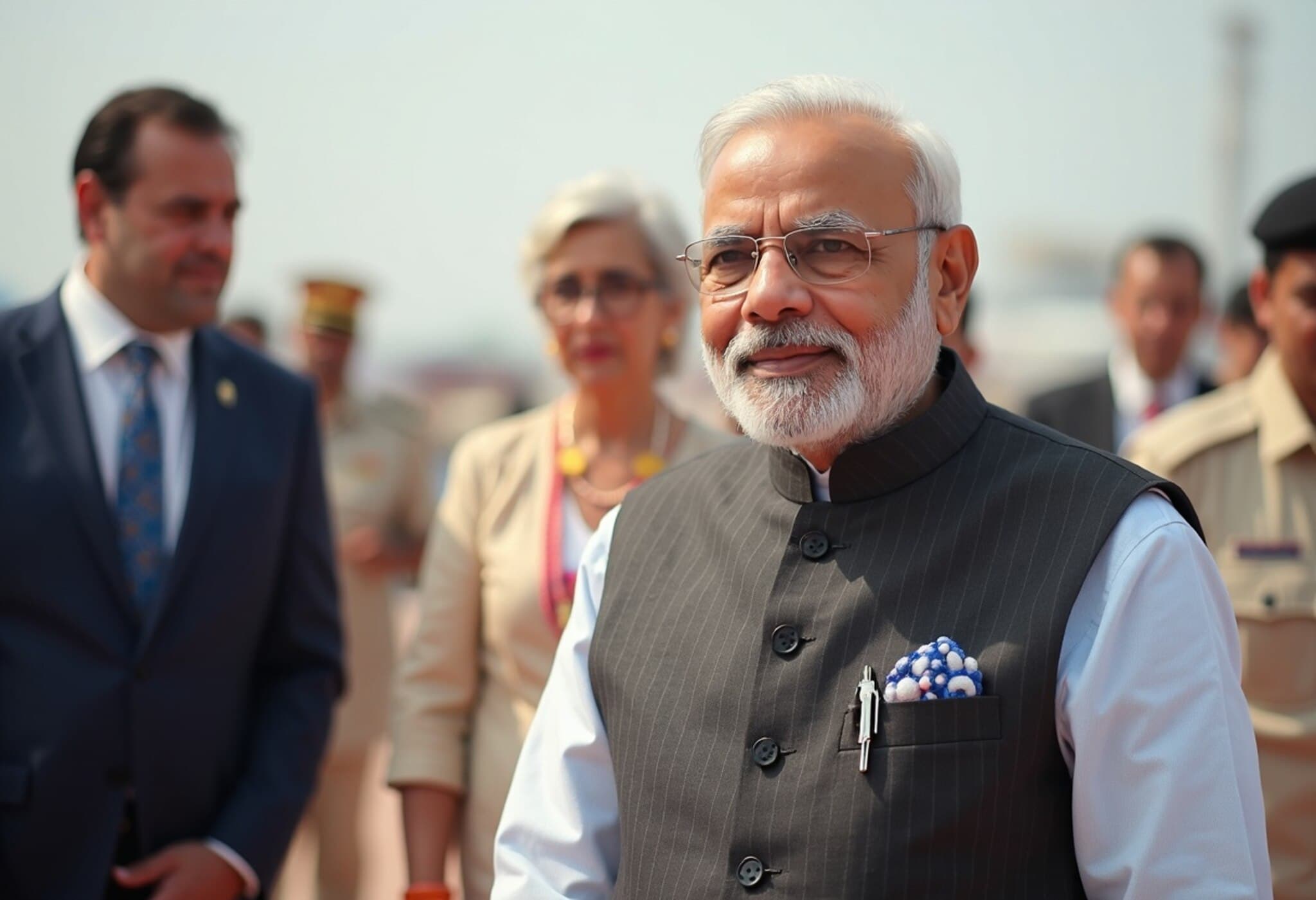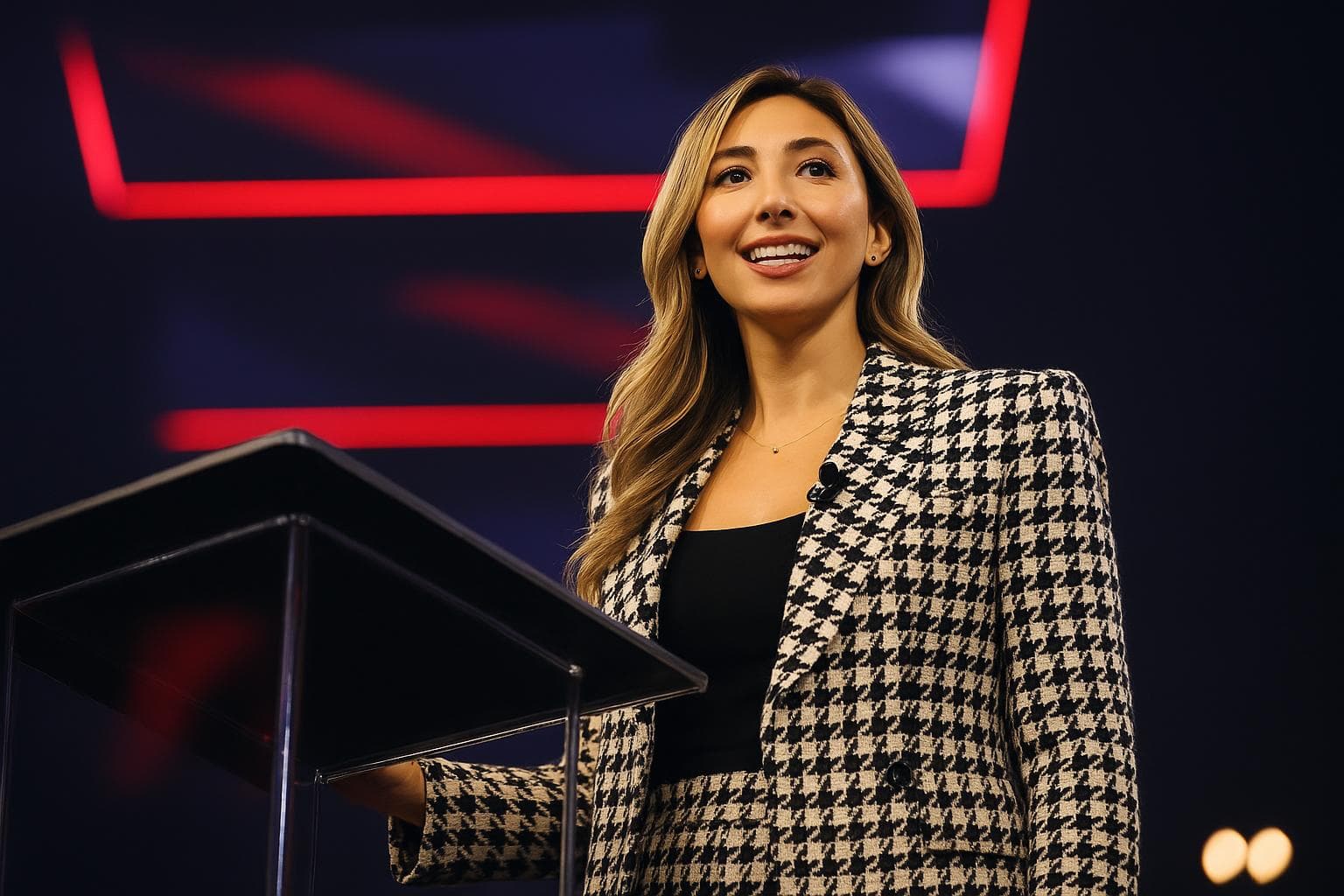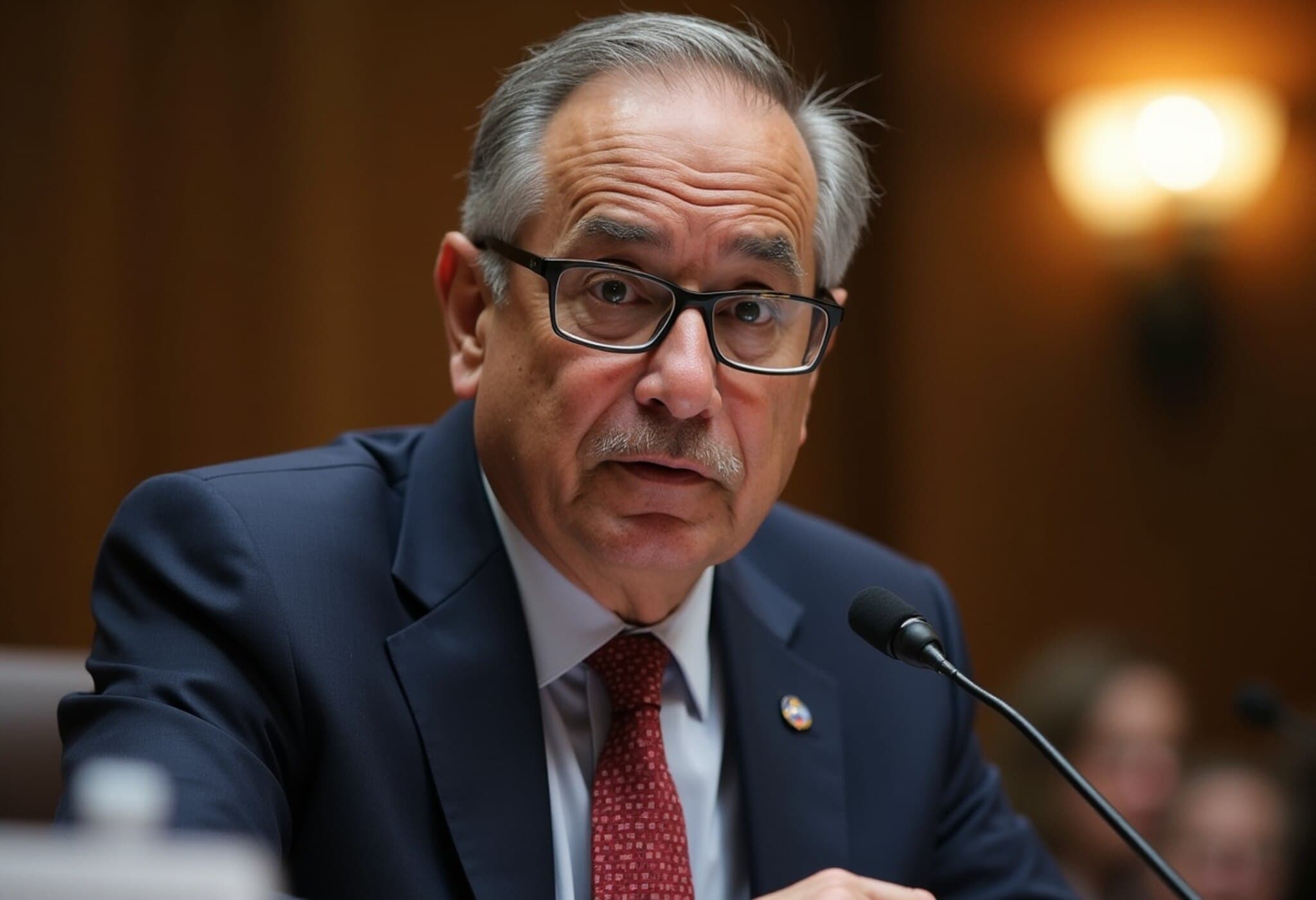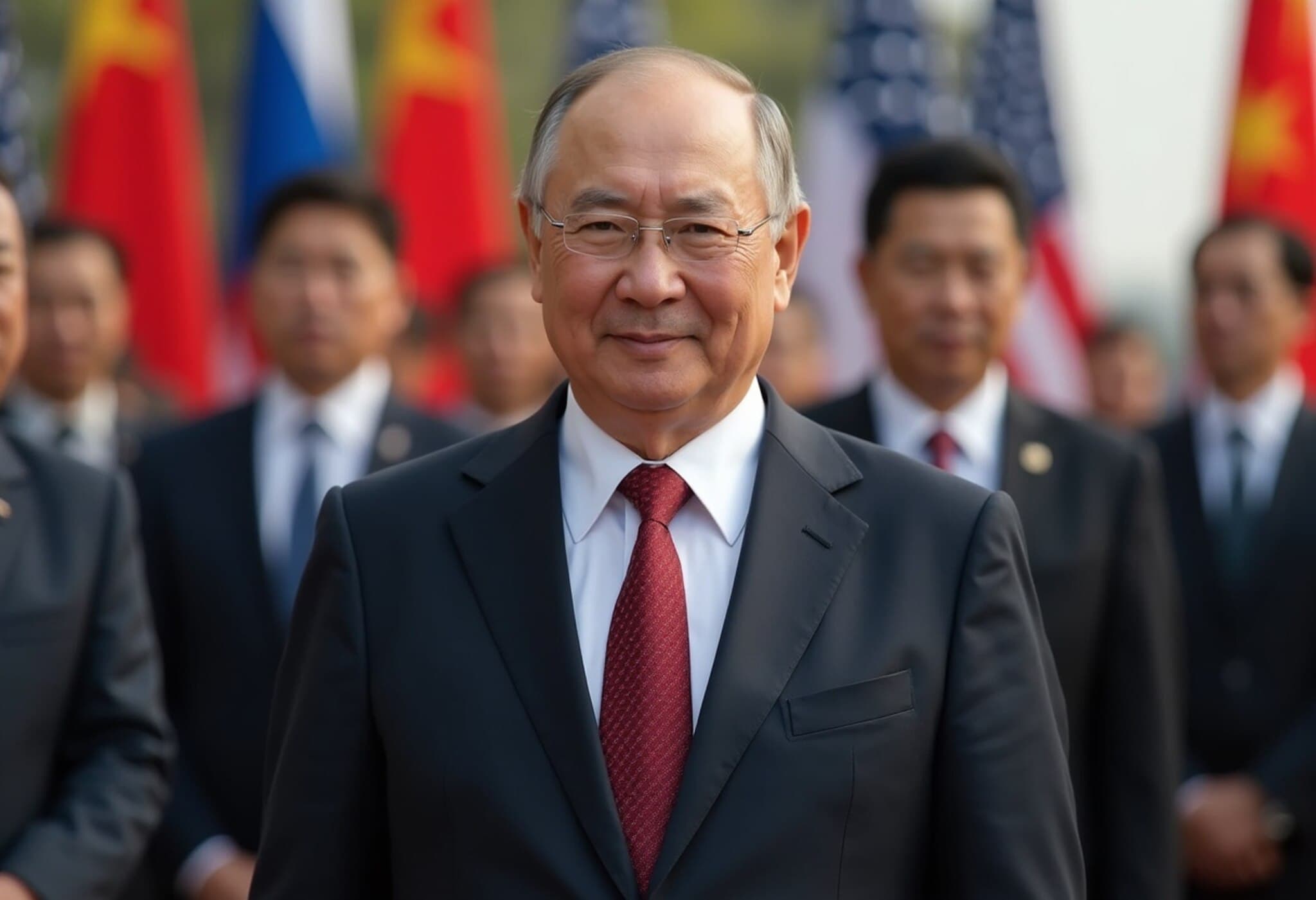Trump's Ambassador Nominee Faces Senate Heat Over Singapore Knowledge Gaps
In a confirmation hearing that has drawn widespread attention, Anjani Sinha, President Trump’s nominee for the United States Ambassador to Singapore, found himself under intense scrutiny and sharp criticism from senators questioning his grasp on vital diplomatic and economic issues related to Singapore and the Indo-Pacific region.
Who Is Anjani Sinha?
Anjani Sinha, an Indian-American orthopaedic surgeon and entrepreneur based in Florida, was nominated in March 2025 to serve as the American envoy to Singapore, a critical strategic hub for the United States in Southeast Asia. Originally from India, Dr. Sinha holds a Master’s degree in Orthopedic Surgery and built a successful chain of clinics across New York and Florida.
President Trump hailed him as a “highly respected entrepreneur” and lauded his potential on the social media platform Truth Social, emphasizing confidence that Sinha would "put America First" in his diplomatic duties. The US State Department cited Sinha’s business acumen in the Indo-Pacific region and his personal background as assets to his nomination. Sinha, alongside his wife, has also been a notable donor to educational institutions in the US and India.
Senate Hearing Highlights: Sharp Exchanges and Stumbling Points
During the hearing, Democratic Senator Tammy Duckworth, herself a decorated military veteran and prominent advocate for foreign policy expertise, led a pointed line of inquiry into Sinha’s understanding of US-Singapore relations and broader ASEAN dynamics.
- Incorrect Trade Surplus Figures: Sinha initially claimed that Singapore’s trade surplus with the US stood at $80 billion, then revised to $18 billion, while the true figure is closer to $2.8 billion, according to Senate records.
- ASEAN Chairmanship Misunderstanding: When quizzed on Singapore’s next ASEAN chairmanship—a critical regional leadership role—Sinha mistakenly said Malaysia currently holds the position. The correct answer, 2027, had to be provided by Senator Duckworth herself.
- Confused on Tariff Policies: Sinha wavered when explaining recent moves by the Trump administration to impose tariffs on imports from Singapore, despite the countries’ longstanding free trade agreement. His justification centered vaguely around “resetting trade numbers” without clear policy coherence.
Senator Duckworth did not mince words, stating that Sinha was “deeply unprepared” and warning that she would not support his confirmation in the Senate. She further chided him for apparently treating the embassy role as a “glamour posting” rather than a demanding diplomatic responsibility.
“You need to shape up and do some homework,” Duckworth told Sinha during the hearing. “What we need is someone who can actually do the work.”
Strategic Importance of Singapore for the US
Singapore is more than just an economic partner; it serves as a vital geostrategic ally for the US in the Indo-Pacific theater, hosting significant military access points and serving as a diplomatic bridge in ASEAN—a regional bloc crucial to counterbalancing China’s rise. The city-state’s value was underscored by Duckworth, who emphasized it as a frontline partner in confronting “our greatest adversary,” referencing the People’s Republic of China.
Given these stakes, the lack of detailed knowledge displayed by Sinha in the hearing sparked concern not only among policy experts but also among observers in Singapore and the broader diplomatic community, who view the ambassadorial position as demanding nuanced understanding of complex regional ties.
Mixed Reactions and Broader Implications
The hearing’s viral moments, including social media mockery dubbing Sinha “more embarassador than ambassador,” highlight a broader trend in American politics where ambassadorial appointees sometimes come from non-traditional backgrounds without deep foreign policy experience.
Experts caution that while entrepreneurial spirit and business experience are valuable, ambassadorial roles—especially in strategically sensitive postings like Singapore—require comprehensive knowledge of diplomatic, economic, and security issues. Failure to meet these expectations could undermine US influence in an increasingly contested Indo-Pacific arena.
Despite the criticism, Sinha defended his nomination, portraying himself as a “lifelong bridge builder” committed to strengthening US-Singapore ties and emphasized his longstanding relationship with President Trump, introduced by Senator Lindsey Graham as a “friend of the President for over a decade.”
What Comes Next?
The Senate has yet to hold a final vote on Sinha’s confirmation. The outcome remains uncertain, particularly with voices like Senator Duckworth signaling a firm opposition. This delay reflects larger questions about the criteria and vetting processes for key diplomatic appointments amid shifting geopolitical landscapes.
Editor’s Note
This confirmation hearing serves as a telling example of the high standards necessary for diplomatic representation in complex global arenas. For analysts and policymakers watching US foreign policy in the Indo-Pacific, Sinha’s hearing raises critical questions about the balance between political appointments and professional competence.
Will the US prioritize deep regional expertise in its ambassadorial picks moving forward, especially in geopolitically pivotal states like Singapore? How might the apparent gaps in preparation affect America’s strategic positioning amid rising tensions in Asia? The answers will unfold as the Senate deliberates and as US foreign policy continues to navigate an era of heightened challenges and opportunities.

